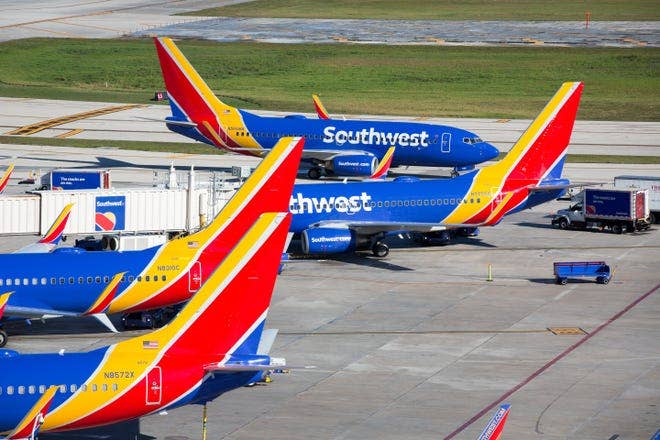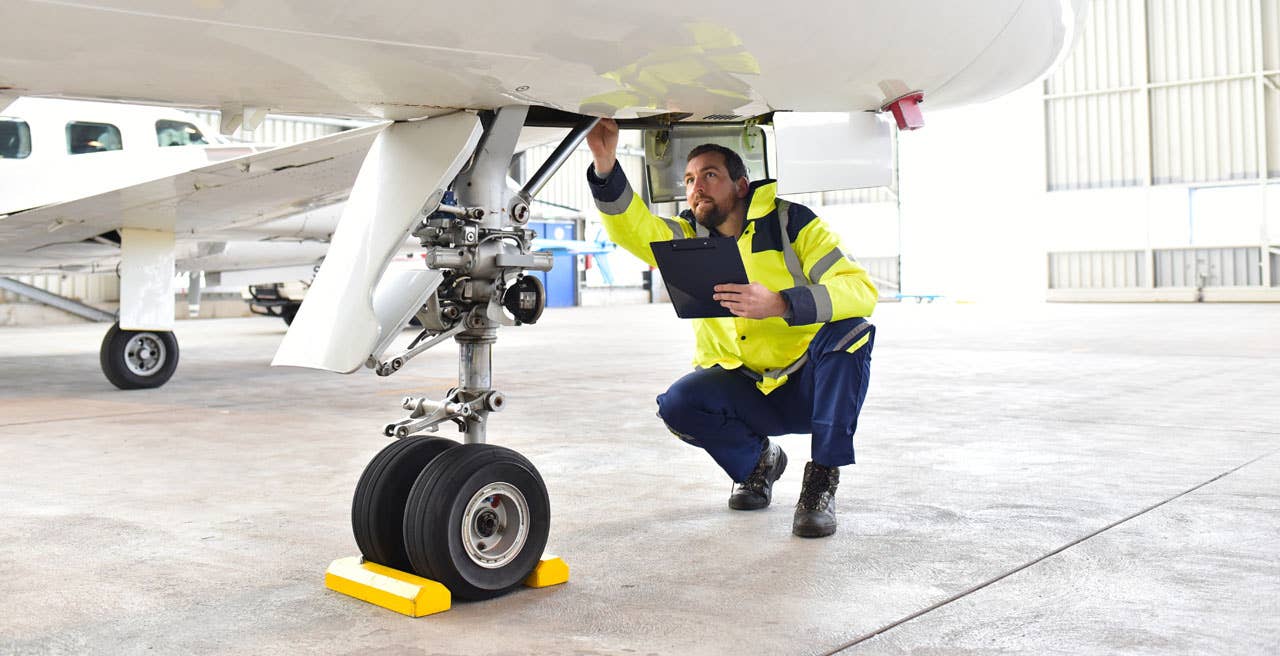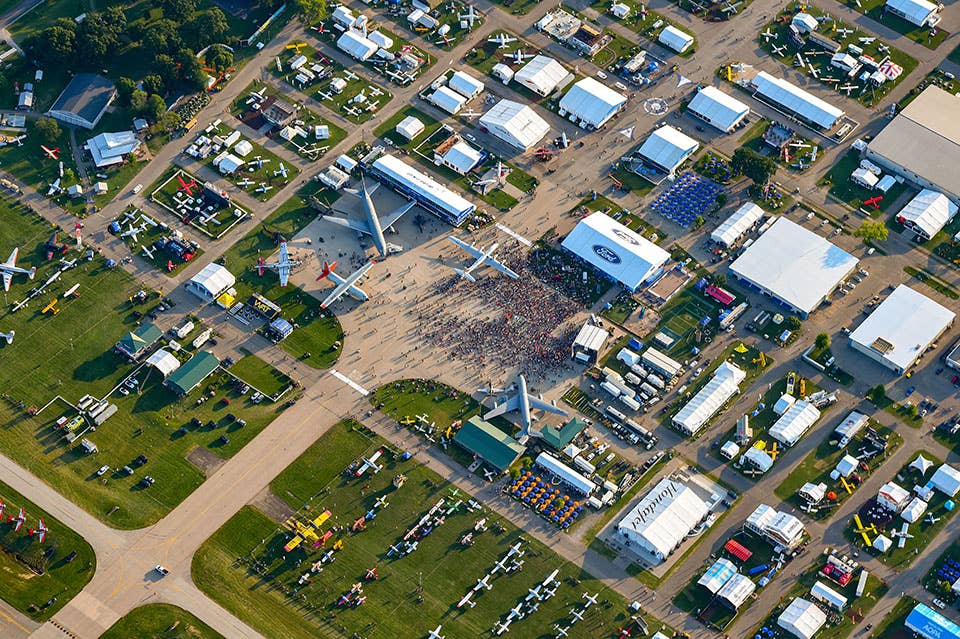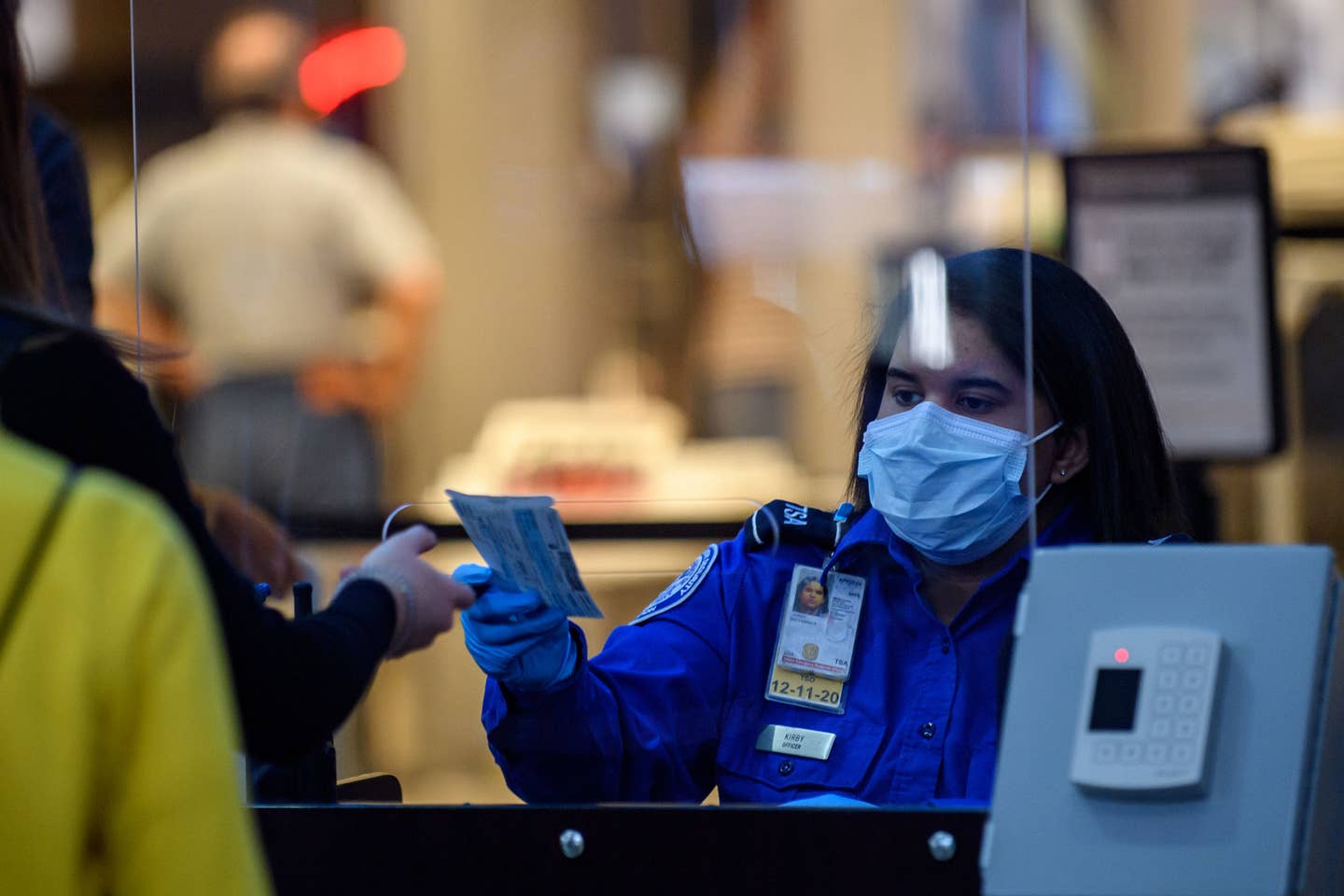Do Pilots Make Better CEOs?
Well, you knew it in your heart all along but now researchers from Notre Dame University’s Mendoza College of Business and from the University of Oregon have confirmed it: Pilots make better leaders, especially in the corporate setting. In a study that compared the relative success of 179 companies led by CEOs who are pilots and 2,900 led by those who are not, researchers found that pilot-led companies tend to do better, by some benchmarks, than those who don’t fly. “These CEOs tend to complete acquisitions that are more successful than those completed by non-sensation seeking CEOs,” Notre Dame Professor Matthew Cain said. “Their creativity and novelty seeking characteristics lead them into deals that improve the growth prospects of their firms.” The researchers say its in those CEOs’ genes to take calculated risks that can lead to better prospects for their companies and it works for the same reason many of them ride motorcycles, skydive and fly aircraft. The same genetic predisposition can also lead to a host of other less noble pastimes.
Don't see a video screen? Try disabling ad blockers and refreshing this page. If that doesn't work, click here to download the video directly. |
Well, you knew it in your heart all along but now researchers from Notre Dame University's Mendoza College of Business and from the University of Oregon have confirmed it: Pilots make better leaders, especially in the corporate setting. In a study that compared the relative success of 179 companies led by CEOs who are pilots and 2,900 led by those who are not, researchers found that pilot-led companies tend to do better, by some benchmarks, than those who don't fly. "These CEOs tend to complete acquisitions that are more successful than those completed by non-sensation seeking CEOs," Notre Dame Professor Matthew Cain said. "Their creativity and novelty seeking characteristics lead them into deals that improve the growth prospects of their firms." The researchers say its in those CEOs' genes to take calculated risks that can lead to better prospects for their companies and it works for the same reason many of them ride motorcycles, skydive and fly aircraft. The same genetic predisposition can also lead to a host of other less noble pastimes.
The so-called Sensation Seeking Scale developed in the 1970s measures behaviors exhibited by "sensation seekers" and flying fits a category of that type of personality. Sensation seekers are also prone to habitual drug use, sex, psychopathy, risk-taking and cognitive innovation. Taking on the challenge of running a big company tends to bring out the best, rather than the worst, facets of the personality type and the result can be greater personal and business success. "Firms led by CEOs who are pilots exhibit corporate policies that differ substantially from those led by non-pilots," Cain said. "For example, CEO pilot-led firms are more likely to engage in mergers and acquisitions, have more debt in their capital structure -- meaning higher leverage and greater overall stock return volatility. Thus, thrill-seeking CEOs bring a certain element of this personality trait into the executive suite, as reflected by more aggressive corporate policies."
Related Content:






